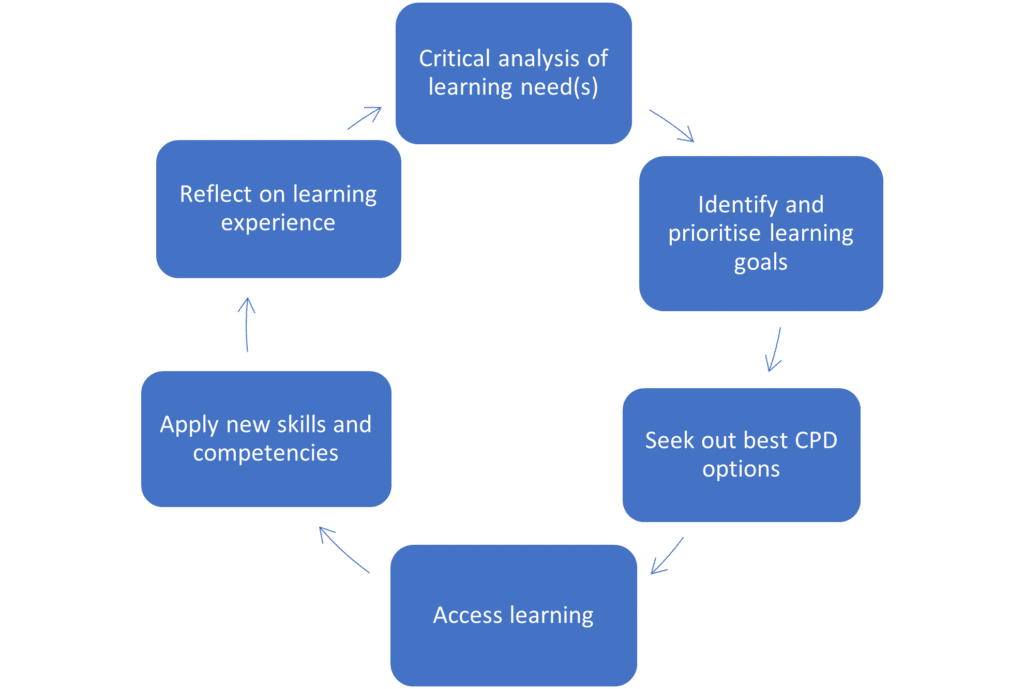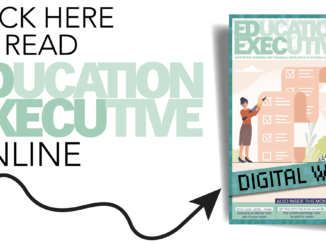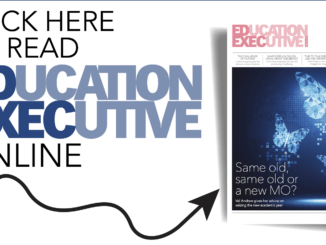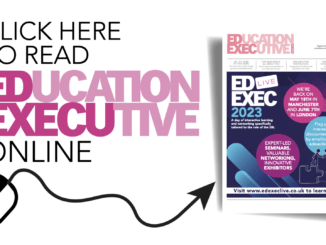
It’s time for school business leaders to look beyond the wearying pandemic restrictions and plot a more optimistic course in 2021, says Val Andrew
Good riddance to 2020. It was a gruelling year and, unfortunately, the uncertainty is still with us as we get into the swing of 2021. SBLs will still be in crisis management mode, a situation which has become almost routine over the past 12 months.
But we can’t stay in a ‘blue light’ mode for too much longer. There are glimpses of hope on the horizon, and it makes a lot of sense to start plotting a more optimistic course when we will, at some stage later this year, surely move beyond this dreadful period. It makes sense to plan.
It’s clear from the professional forums that SBLs are coping heroically with the uncertainty and showing an admirable persistence in the face of setbacks. There was a good example of this attitude before Christmas, when schools heard – at alarmingly short notice – that they needed to implement a testing regime at the beginning of term. SBLs needed some downtime as much as everyone else, but they dedicated time and effort over the break so that their schools would be ready.
In the event another belatedly announced lockdown intervened, but the work was done, and it will stand schools in good stead when they return – hopefully after the February half term.
SBLs are also looking on the brighter side by adopting a more positive ‘growth’ mindset. I’ve seen this in the way they’ve implemented strategies to help students, parents, colleagues face the prospect of another disruptive year.
Time for reflection
SBLs should also take some time to focus on their own development. Find some time for reflection – if you can – and ask if you can adapt your own skills further and be better prepared for what’s ahead.
This is a more complex prospect these days. The increasing diversity of the school business role means that there are now many CPD options, and choosing the right route can be confusing. A good place to start is a critical analysis of your own CPD needs, which can be achieved through a simple, step-by-step approach:
- Assess your current level of skill/competency using the ISBL professional standards.
- Supplement this with more diagnostic analysis. For example, a simple SWOT analysis, or a more detailed analysis that determines different levels of administrative, management and leadership activity within your existing role.
- Review the strategic direction of your school, including how your existing role might evolve.
- Think about the existing staffing structure at your school, and what opportunities there could be in terms of succession planning.
- Consider your own medium/long term career aspirations within the SBL profession.
- Discuss this with your line/performance manager and/or an SBL colleague.
Although most of your conversations will be with school colleagues and peers, you might also consider plugging into a wider network of professionals to discuss your development needs. For example, that finance consultant you work with could be a valuable critical friend and informal appraiser, lending an objective view on how your role fits in the school. This is something SBS consultants often help their schools with.
If you are considering a generalist SBL role then a course offering baseline core technical skills that cover the wide range of SBL disciplines would be a valid starting point; the DSBM (Diploma in School Business Management) Level 4 from Best Practice Network fits the bill.
There are a wide range of courses on offer, including apprenticeship levy funded routes. For aspiring SBLs currently working either inside or outside education the process is similar, but you also need to consider the type of school and SBL role you feel that your existing skills might favour. The options for progression beyond Level 4 open up for existing or aspiring SBLs, with a range of specialist qualifications in finance, HR and procurement available.
If you are aspiring to a more specialist SBL role within a MAT, or a federation of schools, then the DSBM Level 4 is, again, a valid starting point – beyond that you would need to explore options in relevant specialist areas, for example CIPD routes for HR, CIPFA for finance qualifications, or alternative accountancy qualifications offered by a range of providers, all of which would support a finance-focused role.
SBLs aspiring to develop their leadership potential may want to consider an NPQ route, particularly NPQSL and NPQEL.
If you are looking for formal CPD then you need spend time analysing your own specific needs. The wider choice of CPD routes now available can make the decision harder, but time invested in this initial analysis should pay dividends in the long run. Most training providers offer online programmes so that learners can fit their learning into their busy lives.
Alternative routes
CPD doesn’t always mean formalised courses of study – SBLs can develop their skills in different ways too and these are examples of alternative routes that are equally beneficial:
- Modular programmes offering specific units of study in relevant topics, such as finance and procurement.
- Networking with other SBLs, either via local networking forums or individual SBL colleagues.
- Mentoring – accessing individual mentoring support. This is becoming a popular route for SBL professionals.
- There is also a wealth of free webinars or bitesize training courses from service providers such as SBS that can bolster your skills and equip you with information on the latest requirements.
SBLs are usually excellent communicators, so it’s good advice to talk to colleagues and find out what routes they’ve chosen, what worked well and, perhaps, not so well, and what they would recommend.
Adopting a cyclical approach will help you to retain a focus on your own needs, says Val Andrew





Be the first to comment